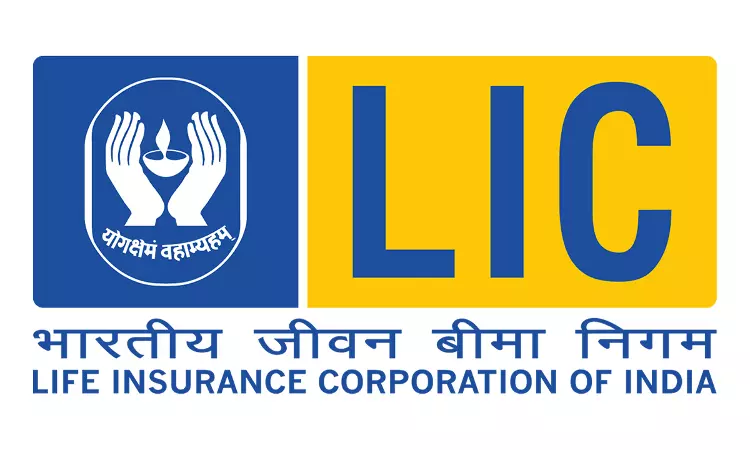- Home
- /
- Consumer Cases
- /
- Death By Poisoning Has to Be Based...
Death By Poisoning Has to Be Based On Substantial Evidence: NCDRC
Ayushi Rani
1 Jun 2024 5:30 PM IST
The National Consumer Disputes Redressal Commission, presided by Justice Sudip Ahluwalia, allowed a petition by Life Corporation Of India and overturned the order by the State Commission. It was held that, in an insurance claim, death by poisoning has to be based on substantial evidence, which the State Commission did not have. Brief Facts of the Case The husband of the...
Next Story



